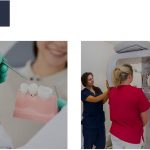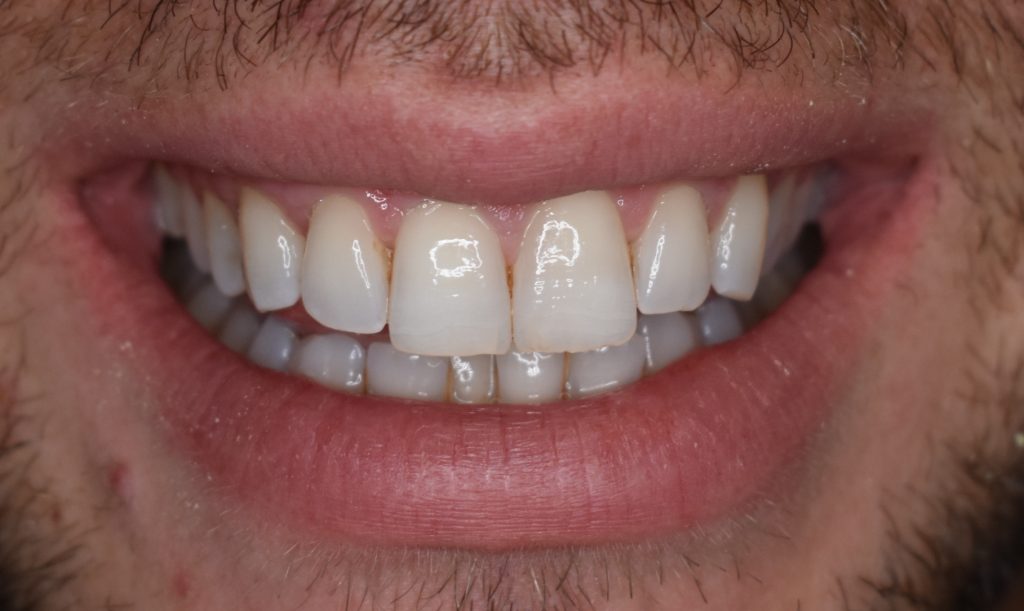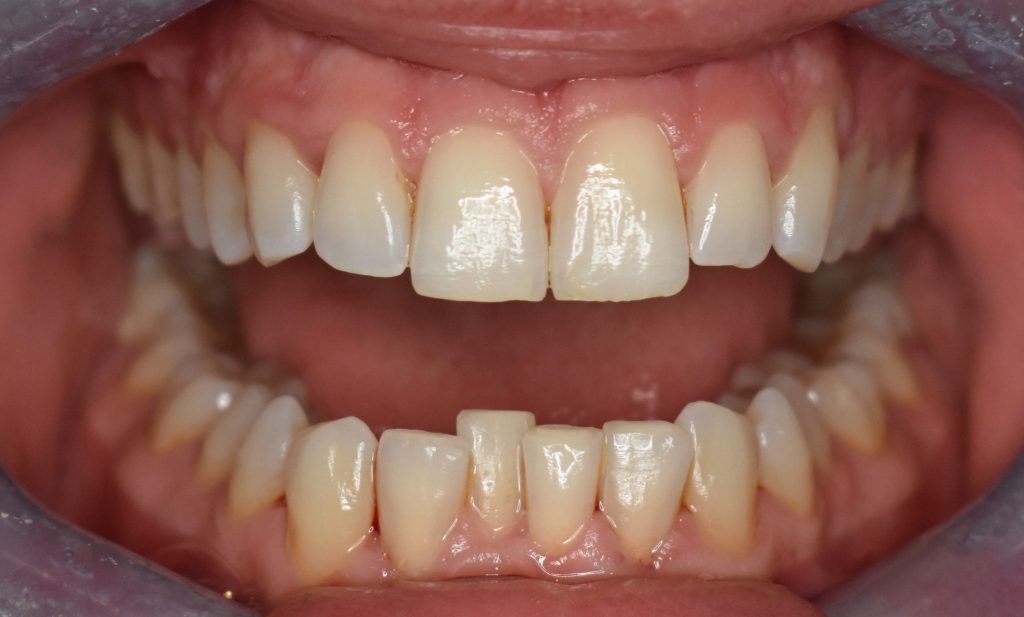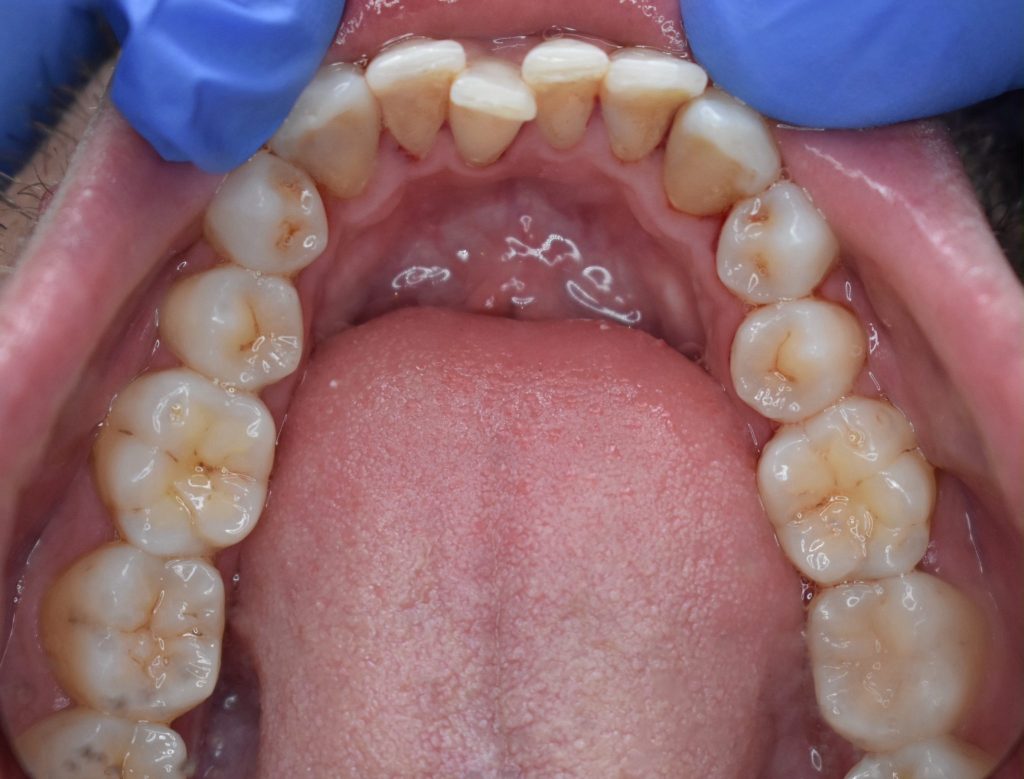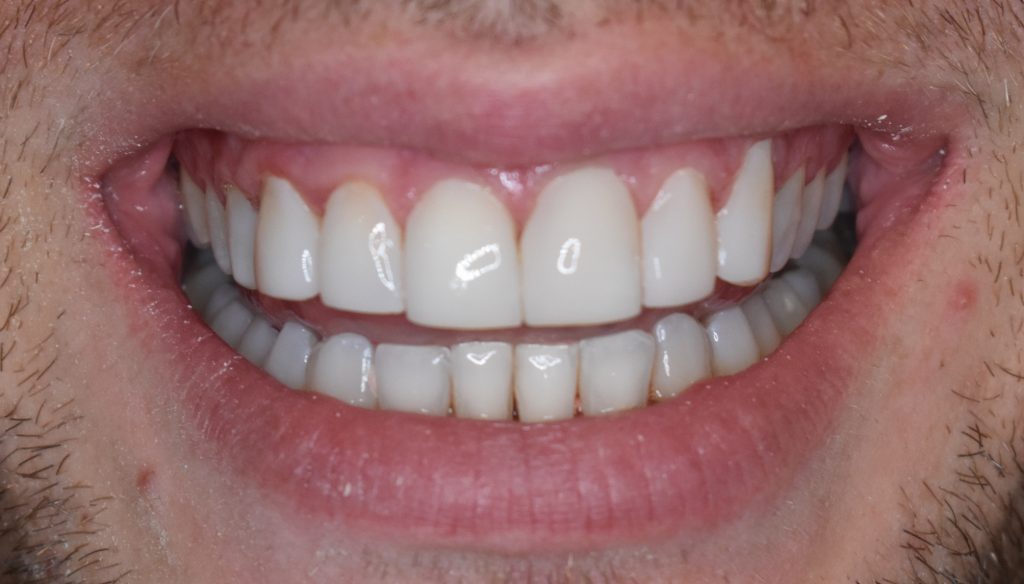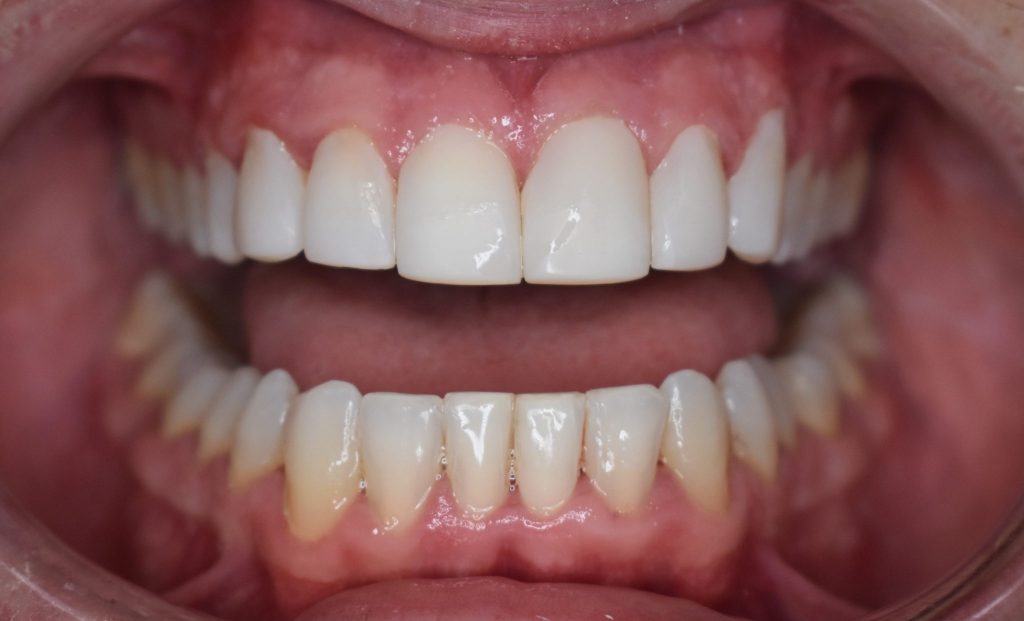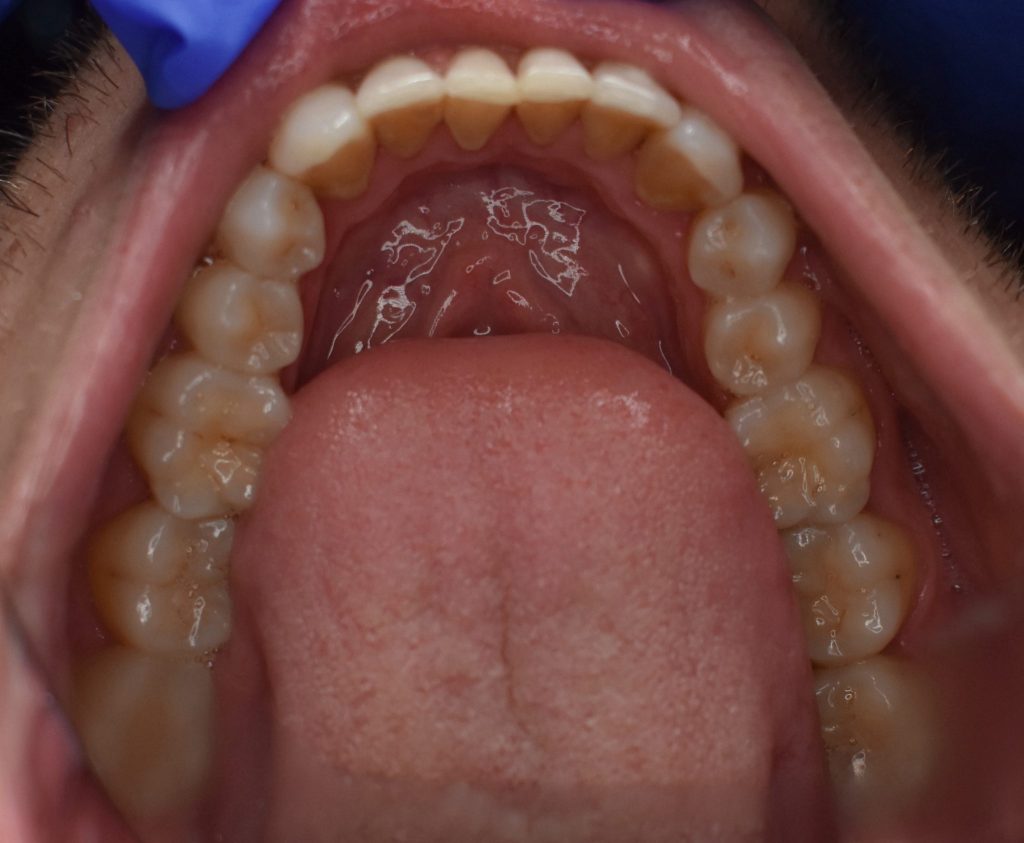Dental implants are now commonplace, as the desired alternative to removable dentures. Demand has increased, worldwide and in the UK, as patients love how they look, feel and function like natural teeth. More dentists are training to deliver implant therapy, to help more people and add a valuable revenue stream to the practices they work in. The inclusion of implant therapy on your list of services can be a good decision, from an oral health and from a business point of view.
Implants aren’t place and go, and all dental professionals must ensure that people are motivated to take ongoing care of them for long-term success. More implants mean more peri-implantitis, which affects the hard and soft tissue surrounding the site and can lead to implant failure. We are still learning about peri-implantitis and its risk factors, which need to be considered for earlier diagnosis, better prevention and improved management of the condition. Like a lot of dental disease, it can be pain-free, especially in the early stages – silently destructive and without any obvious symptoms that send a red flag for the patient to call the practice.
But how easy is it to motivate implant patients into an elevated oral hygiene routine? Despite the fact they would have made an often-substantial financial investment into their treatment and want it to last – and look good – for years, you will know from experience that compliance is sometimes harder than you think to achieve.
Patients acting like consumers, proactively choosing how and where to proceed, does mean that practices have had to raise their game and keep standards of care high. On one hand, this is a positive, but it is about balance, not a wholesale shift of power to patients. It is their willingness to trust you and adhere to your guidance and advice, in combination with your clinical knowledge, skills and experience, that will support a lifetime of good oral health. So, if we hear that modern patients are in the driving seat, this isn’t strictly true. They have decided to say “yes” to implant therapy, and they have chosen to have their treatment with you, but they must work alongside the dental team in an ongoing partnership if they want to continue heading in the right direction.
The importance of trust
Practices must commit to establishing trust with all their patients, but especially those interested in implants. A friendly, informed and knowledgeable manner at every point of contact is key, as is a schedule of pre-treatment consultations. If your implant patient is new to the practice, you won’t have had much time to develop a relationship with them. Pre-consultations, therefore, must be comprehensive, covering more than the mechanics of what will happen once they’re in the chair, and the practical things like timings and cost.
Is there anything that they can do before treatment starts to improve their oral hygiene, for example? And are they prepared to put the required effort in afterwards, practise elevated cleaning and attend regular maintenance appointments? Talk through the basics of oral hygiene, including things like smoking status, alcohol and nutrition, and all the risks for failure. Collaborate – there may be a great deal yet to learn about peri-implantitis and implant failure, but there is plenty that we do know. Make it a discussion, rather than a set of instructions. Patients should understand that follow-up appointments are necessary even if there is no pain, or other signs of a problem. These maintenance visits are useful for engaging patients with the importance of prevention generally, not just for getting their implants checked and cleaned, but for talking about other issues that could affect their oral health and all-round wellbeing. Constantly reinforcing messages in a positive way is the key to better outcomes.
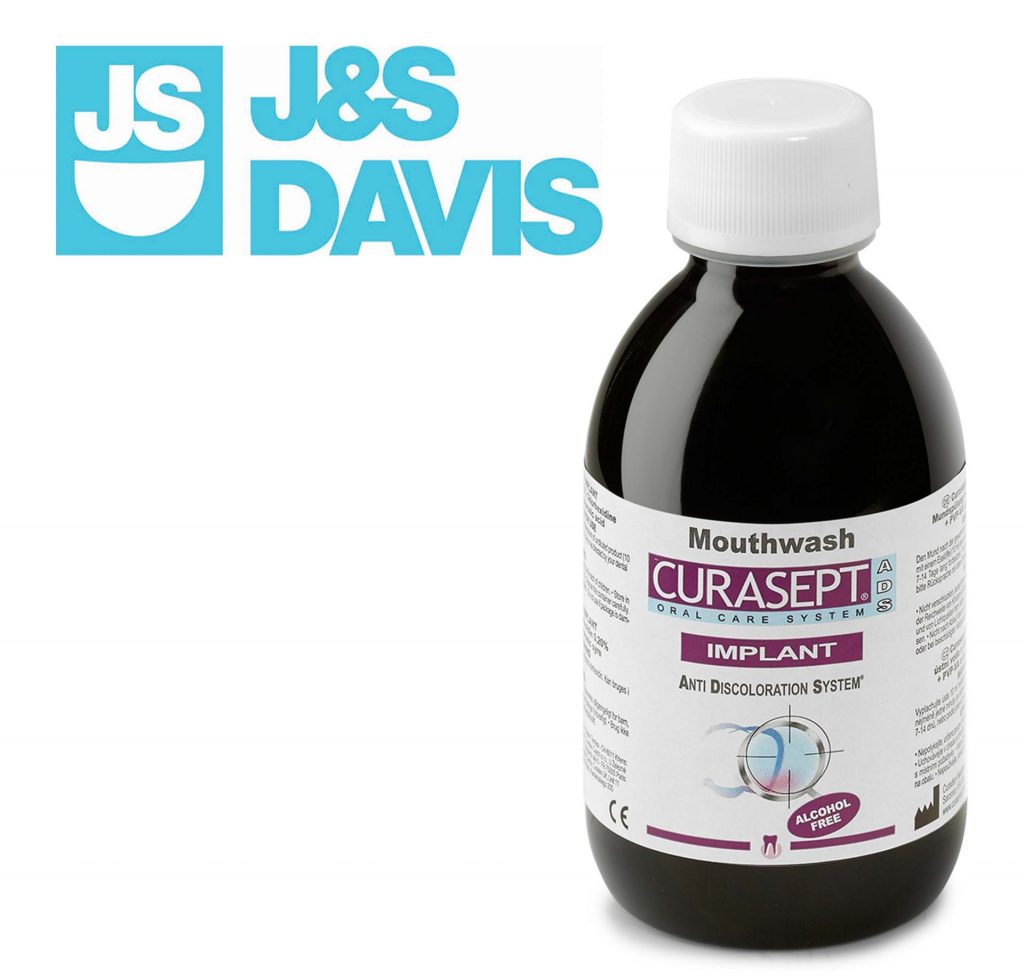 This isn’t about a time-pressed patient adding multiple layers to their hygiene routine, rather making one or two hard-working alterations. Keep it simple, keep it good value, keep it effective and, hopefully, the changes will become habit. Go through adjuncts and the differences between them. A common home-care aid that all patients find easy to use is mouth rinse – just swirl and spit. The difference lies in the quality of the product. For use before and after implant therapy, Curasept ADS Implant mouth rinse, available from J&S Davis in the UK, contains ingredients to prevent infection and promote healing and repair, including PVP-VA and hyaluronic acid. The patented Anti Discolouration System (ADS) means the risk of staining and taste disturbance is minimised too, making it a convenient choice.
This isn’t about a time-pressed patient adding multiple layers to their hygiene routine, rather making one or two hard-working alterations. Keep it simple, keep it good value, keep it effective and, hopefully, the changes will become habit. Go through adjuncts and the differences between them. A common home-care aid that all patients find easy to use is mouth rinse – just swirl and spit. The difference lies in the quality of the product. For use before and after implant therapy, Curasept ADS Implant mouth rinse, available from J&S Davis in the UK, contains ingredients to prevent infection and promote healing and repair, including PVP-VA and hyaluronic acid. The patented Anti Discolouration System (ADS) means the risk of staining and taste disturbance is minimised too, making it a convenient choice.
A patient who does not see you as a partner often leaves after their treatment is completed, not to return unless there is an obvious problem. This inhibits treatment success and goes against the essence of preventive dentistry. Keep your message straightforward and simple, engage with patients to establish good relationships and make elevated oral hygiene accessible. With small changes and quality products, plus a commitment to regular maintenance appointments, they will keep their implants stable, functional and looking wonderful for years.
For more information on the industry-leading products available from J&S Davis, visit www.js-davis.co.uk, call 01438 747 344 or email jsdsales@js-davis.co.uk
Author:
Steve Brown Director of Sales and Marketing J&S Davis Ltd



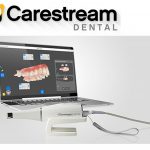


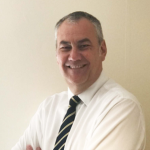
 This isn’t about a time-pressed patient adding multiple layers to their hygiene routine, rather making one or two hard-working alterations. Keep it simple, keep it good value, keep it effective and, hopefully, the changes will become habit. Go through adjuncts and the differences between them. A common home-care aid that all patients find easy to use is mouth rinse – just swirl and spit. The difference lies in the quality of the product. For use before and after implant therapy, Curasept ADS Implant mouth rinse, available from J&S Davis in the UK, contains ingredients to prevent infection and promote healing and repair, including PVP-VA and hyaluronic acid. The patented Anti Discolouration System (ADS) means the risk of staining and taste disturbance is minimised too, making it a convenient choice.
This isn’t about a time-pressed patient adding multiple layers to their hygiene routine, rather making one or two hard-working alterations. Keep it simple, keep it good value, keep it effective and, hopefully, the changes will become habit. Go through adjuncts and the differences between them. A common home-care aid that all patients find easy to use is mouth rinse – just swirl and spit. The difference lies in the quality of the product. For use before and after implant therapy, Curasept ADS Implant mouth rinse, available from J&S Davis in the UK, contains ingredients to prevent infection and promote healing and repair, including PVP-VA and hyaluronic acid. The patented Anti Discolouration System (ADS) means the risk of staining and taste disturbance is minimised too, making it a convenient choice.
